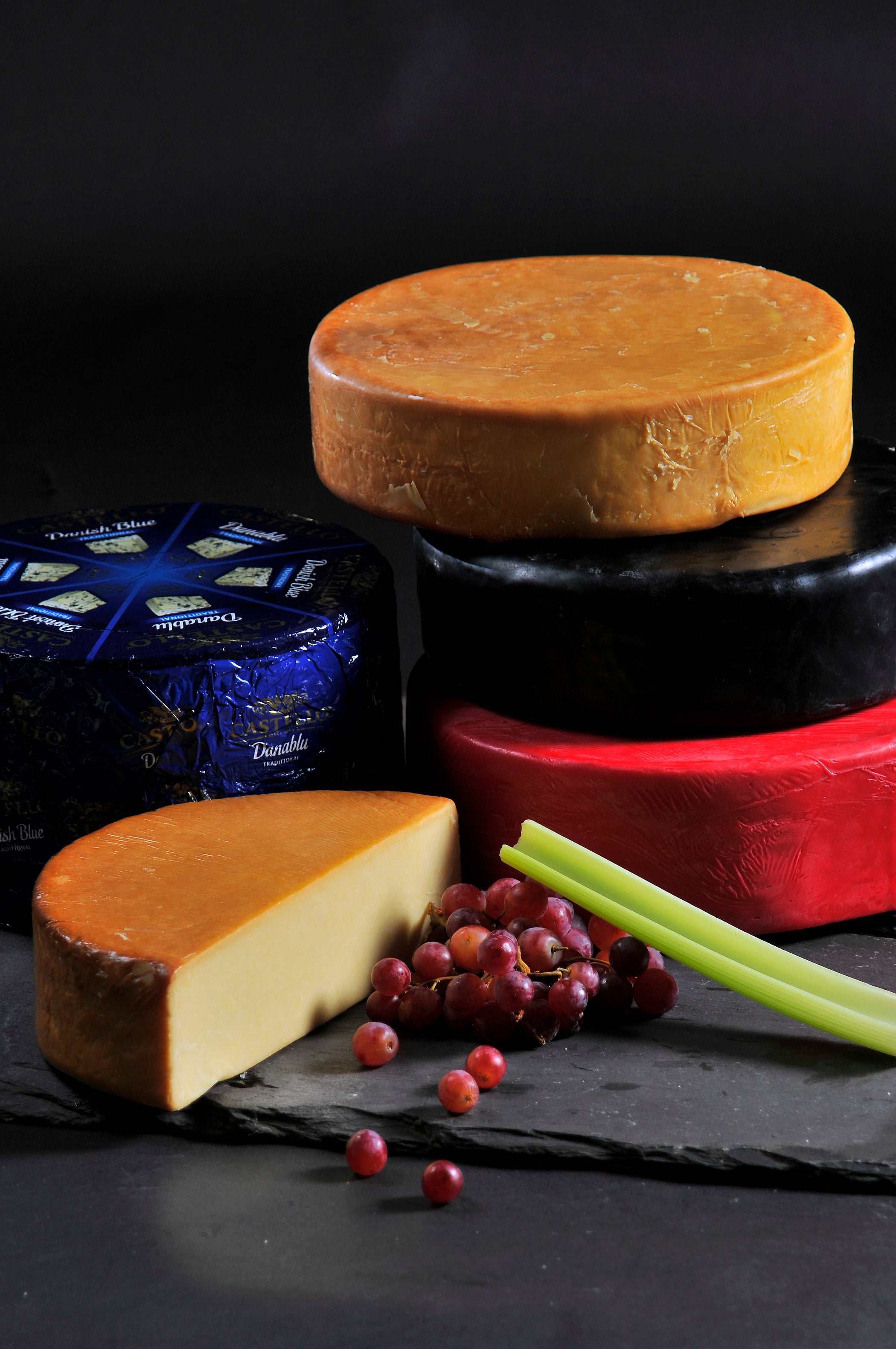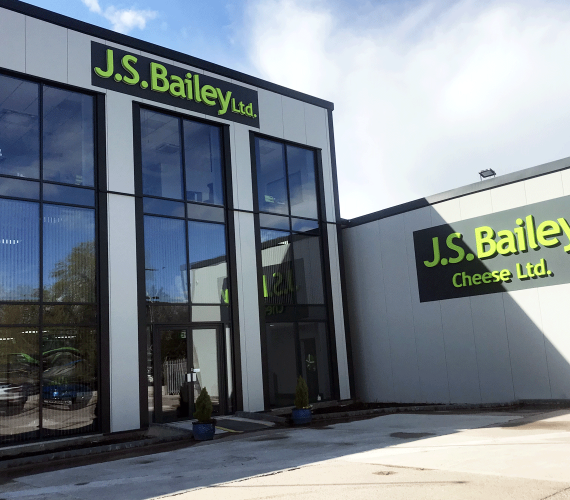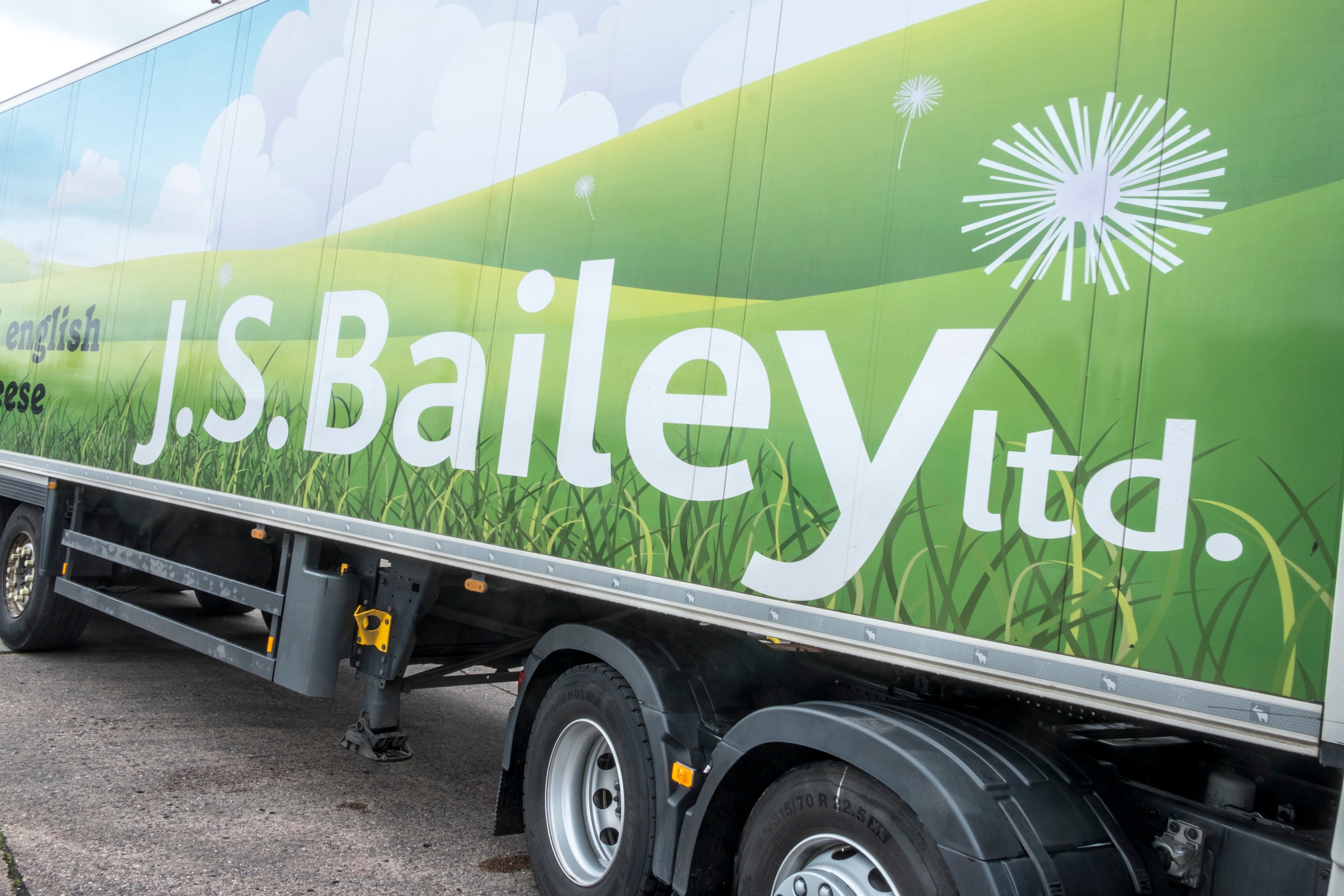UK’s first food manufaturer installsnon-chemical cleaning system.
High standards are everything and JS Bailey does not compromise on any aspect, injecting £3 million of capital investment into the business in 2019 – funding that has created a new production and storage unit that allows it to significantly increase production volume. This combines with the introduction of three additional grating lines, increasing the capacity of the business and allowing further growth into the food service, manufacturing and export markets.
Such is the commitment to growth and maintaining exceptional levels of production, that no stone is left unturned in the manufacturing process. The cheese processing company has five ‘high care areas’ (areas of food preparation), that require daily cleaning and sanitising after production. Areas of operation include grating, re-milling, cutting and processing out of specification cheese.
Food manufacturing demands the highestof hygiene
Understandably, the issue of cleanliness is vital around food preparation areas, in order to combat microorganisms like listeria, mould and spores, especially as cheese is a natural produce.
Due to its location, JS Bailey does not have mains drainage; it has its own on-site water treatment system. And that was why it’s even more important that cleaning chemicals aren’t allowed to seep into the treatment tanks – these being alkaline detergents and chlorine-based sanitisers.
James Beattie, director at DEB Disposables and cleaning products supplier to JS Bailey, explains: “This problem led to the research and trial of the Toucan Eco – the hypochlorous-based bio-cleaning solution. As a company wanting to improve their environmental credentials but having issues finding the right solution, they contacted me and asked, ‘Can you help?’. It was then that we introduced them to Toucan Eco.”
“As a company wanting to improve their environmental credentials but having issues finding the right solution, they contacted me and asked ‘Can you help?’.”
The greener way to clean with Toucan Eco
David Chesworth, QA manager at JS Bailey, commented: “After trialling the effectiveness of hypochlorous solution, as a sanitiser in our production facility, and finding it to be at least as effective as the chemicals that were in current use, we purchased the Toucan Eco system in October 2019.
“The hypochlorous solution now accounts for 99% of the sanitiser used in the production facility and since implementing the changeover from a chemical- (chlorine) based sanitiser, there have been no failures of swabbing results.
“A major advantage of the solution as a sanitiser over chemicals is that microbes can build a resistance to chemicals over time and so higher concentrations are required to maintain effectiveness. This does not apply to hypochlorous acid as the solution destroys the cell wall of the microbes.”




